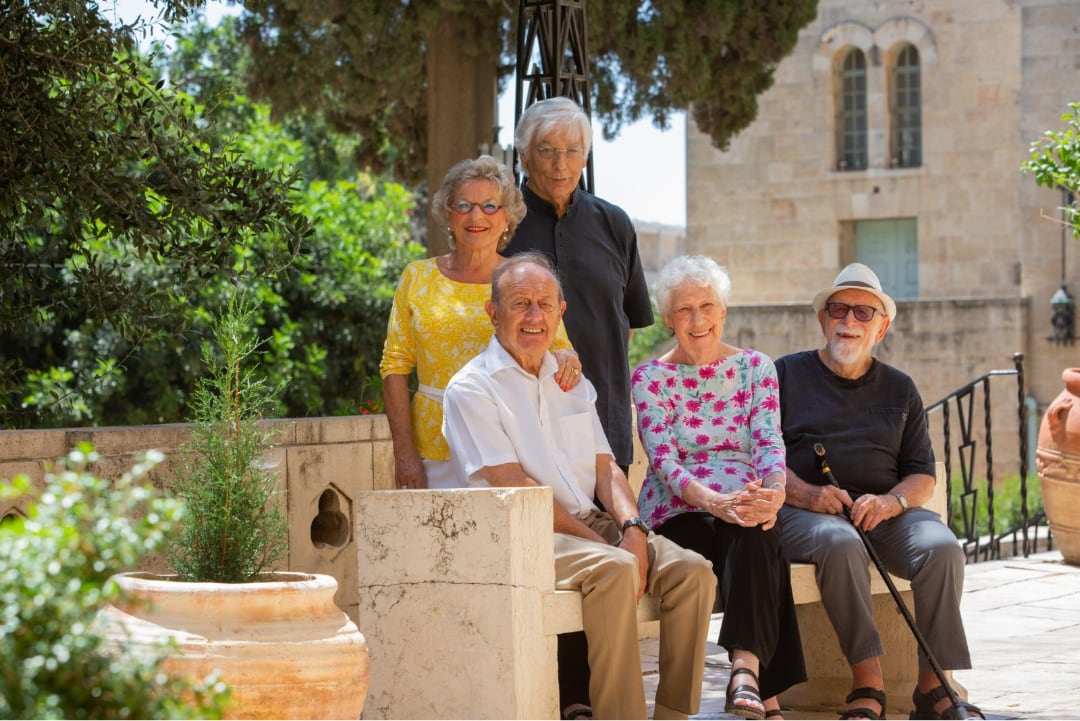
by Orly Halpern
During a meeting of about 50 teenagers in Israel’s western Galilee region, students were grouped in pairs and asked to identify how they were similar and different. Although half of them were Jewish and half were Arab, none of them mentioned that seemingly obvious distinction. When asked why, they told a moderator, “We are all human.”
The meeting, involving students from four schools in Jerusalem and the western Galilee, was part of a peace education program designed and led by Arik Gutler Ofir, a former Rotary Peace Fellow. It was supported by a 2016 Rotary Foundation global grant and implemented by the Rotary Club of Jerusalem, just one of the club’s many peacebuilding initiatives.
The students stayed at each other’s homes and learned about each other’s food, music, and cultures. The project was so successful that when the grant money ran out, a local education board integrated the initiative — which had been co-sponsored by the Rotary Club of Mönchengladbach, Germany, and supported by Rotary clubs and districts in Australia, Germany, and the United States — into the civics curriculum.
“When you bring children from both sides to get to know each other, you create a situation where the other is not an enemy,” says Dan Shanit, a former medical clinician, researcher, and program developer who has served as the Jerusalem club’s president twice, most recently in 2021-22. “Enemies are anonymous. They don’t have a face. What you want is to know the face.”